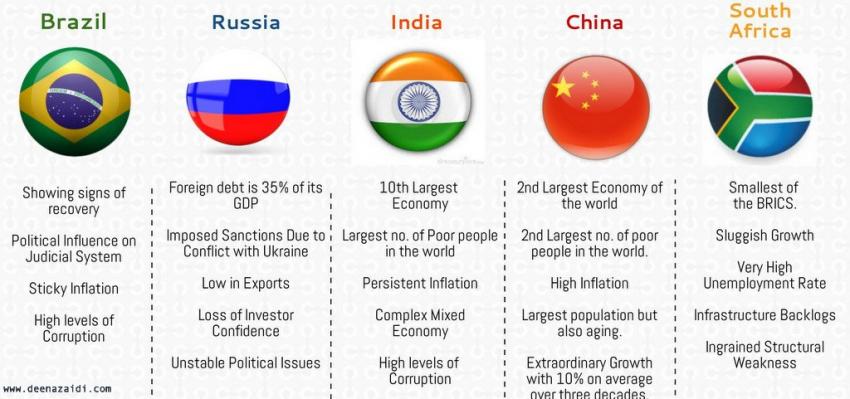The New Development Bank is a Linchpin for the BRICS’ Countries
Greece was the first non-member to be offered BRICS membership, even though ironically the association of the emerging economies is yet to take off. The New Development Bank (NDB) operated by the five member-countries of Brazil, Russia, India, China and South Africa (BRICS) is all set to take off with an intention to develop economic relations amongst developing countries. It is considered to be an important institution since it is the first to be created by emerging countries with the hope to finance many important projects.




